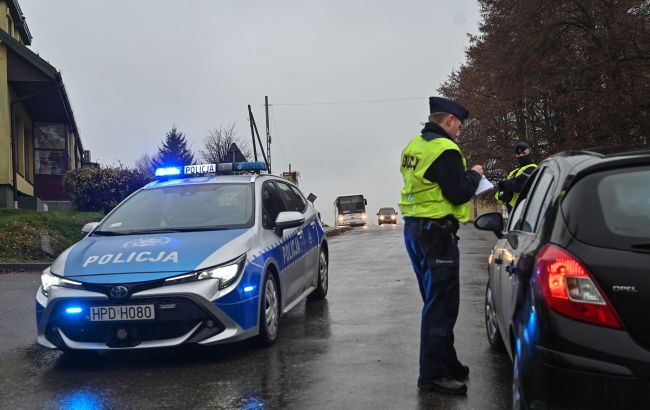Poland identifies first suspects in railway explosions on route toward Ukraine
 First individuals linked to railway explosions exposed in Poland (photo: Getty Images)
First individuals linked to railway explosions exposed in Poland (photo: Getty Images)
Investigators looking into the railway explosions in Poland have identified the purchaser of two SIM cards used in the phones that triggered the detonation on the Warsaw–Lublin section, RMF24 reports.
It is noted that police officers seized the SIM cards from the devices, which allowed them to access the passport data used for their purchase.
The SIM cards were sent by a Polish carrier. At the same time, according to the media, the passport holder through whom the SIM cards were purchased is not necessarily the perpetrator.
It also became known that the explosion on the tracks was likely initiated remotely, using mobile phones. One device detonated, while the other, for unknown reasons, failed to function.
According to information from RMF FM, these are SIM cards from a Polish operator. This is a crucial lead in identifying the individuals who carried out the sabotage on the tracks.
According to the spokesman for the National Prosecutor's Office, Prosecutor Przemysław Nowak, the subject of the investigation is the damage to the railway line infrastructure on the Warsaw East–Dorohusk route from November 15 to 17.
What preceded
Damaged railway tracks were found in Poland on a key route leading to the border with Ukraine. A train driver noticed damage to the infrastructure near the PKP Mika station in the Życzyn area, Garwolin County, Masovian Voivodeship.
Prime Minister Donald Tusk later confirmed that the tracks on the Warsaw–Lublin route, used for transporting aid to Ukraine, were destroyed as a result of an explosion.
Ukrzaliznytsia (Ukrainian state railway company) clarified that, according to the Polish side, an explosive device detonated on this section, causing damage to the track.
Defense Minister Władysław Kosiniak-Kamysz stated that the Polish army will check the safety of the remaining 120 kilometers of tracks leading to the Ukrainian border to prevent further incidents.

